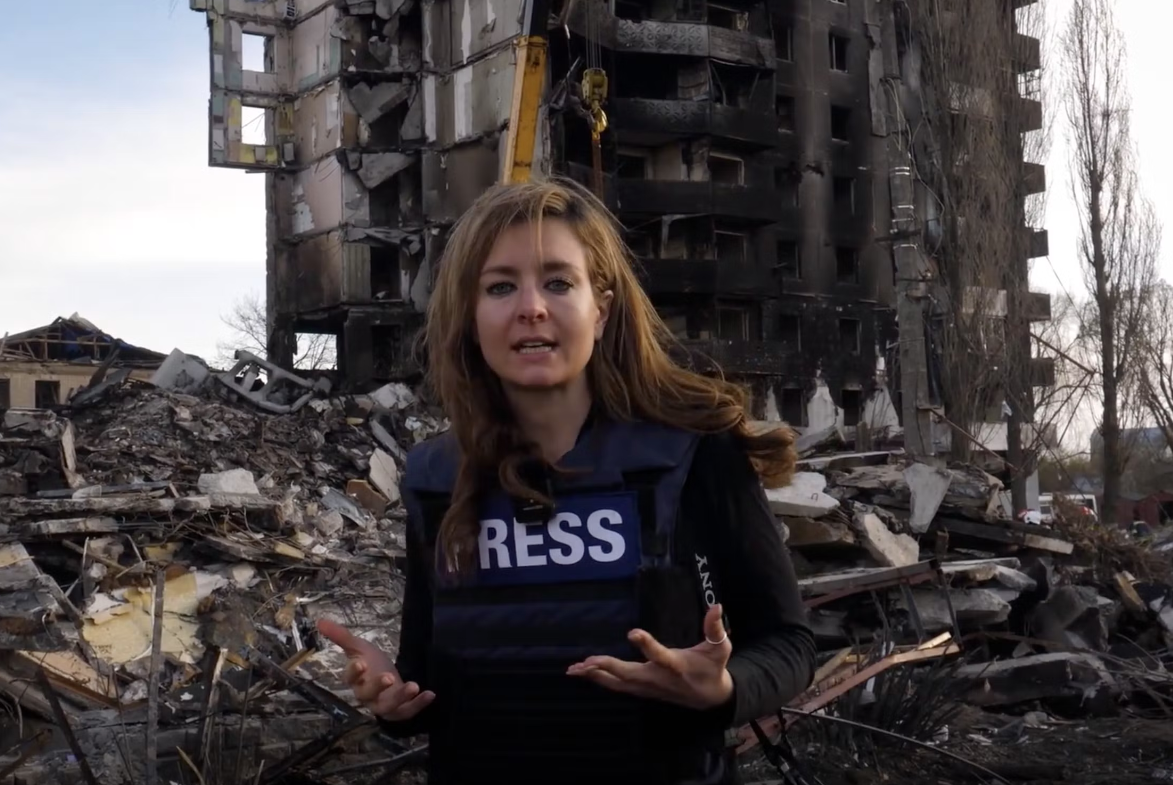Video journalism is more important than ever
Video coverage allows us to humanise the people behind the headlines, writes Kate Gill

It is not brand new information to anyone that we live in a time where a wealth of news – whether it’s happening on our doorstep or separated by an ocean – is available at a single click. But during a time when content is never scarce and we’re constantly bombarded with alerts, notifications and news, video journalism is the key to impactful coverage. And this is because it humanises the stories we consume.
"Video journalism is the future of journalism," I’d argued during my time training to become a journalist. Years later, I am still beating the same drum and feel even more strongly about this.
Video journalists find themselves in an incredibly fortunate position in terms of how many areas of news they cover. Whether it be breaking news, such as when our late monarch passed, the highs and lows of sport, like the moment Formula 1 veterans Sebastian Vettel and Fernando Alonso crossed the chequered line in Japan with just a 00:01 space between them (captured at an angle the broadcasters couldn’t provide), or even reporting on the irregularities we now face with the rise of "influencers" – see the video of this rave that broke out on an EasyJet flight.
We even get the pleasure of commissioning the stories of hope – such as shining a light on 11-year-old Isaac Winfield, who, using his birthday money, opened a food bank from his back garden shed.
Whether we’re on the ground reporting or behind desks perfecting the production of videos, we have a moral duty to share the stories of those who are unable to, while handling them with the utmost respect. We do so by showing you, the reader, the people behind the headlines, their raw emotions, their glee, their lives, their stories.
It is now a little more than eight months since Russia invaded Ukraine. This week, we saw yet another barrage of missiles fall, but in spite of this, those on the frontline persist in providing the rest of the world with eyes on the scene. This video captured a boy, only 11 years old, being pulled alive from the rubble of a building hit by a missile in Mykolaiv.
Our international correspondent, Bel Trew, spent more than a month reporting from Ukraine. This painted a picture of how the conflict was turning the lives of innocent civilians upside down, and inspired our On The Ground documentary.
Could we fathom such atrocities would it not be for the footage that accompanies them? Would we be able to empathise so profoundly with what is really happening?
Whether you’re a hard-hitting news consumer, or frankly, have no idea who the current prime minister is, video journalism provides a window into every story that tickles your fancy.
Yours,
Kate Gill
Acting video editor
Join our commenting forum
Join thought-provoking conversations, follow other Independent readers and see their replies
Comments
Bookmark popover
Removed from bookmarks